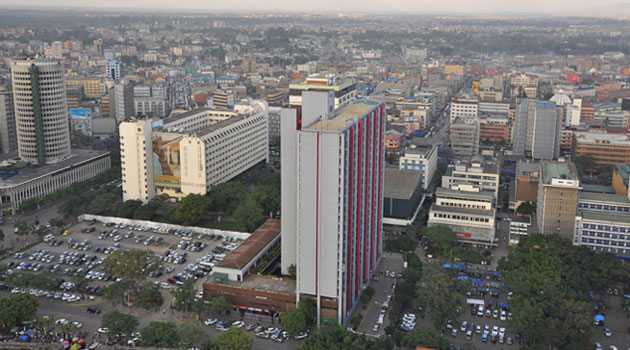
Kenya accounted for 5.9 per cent of the projects, 1.2 percent of the FDI amount that amounted to Sh116 billion and 1.5 per cent of the jobs created/FILE
NAIROBI, Kenya, May 3 – Kenya’s 2016 Foreign Direct Investment projects declined by 55 per cent according to the just released Ernst and Young (EY) Africa attractiveness report 2017.
Capital investment into Africa, however, rose by 31.9 per cent to USD $94.1billion after a dip in 2015.
Africa attracted 676 FDI projects in the period under review a 12.3 per cent decline compared to the previous year with South Africa, Morocco, Egypt, Nigeria and Kenya collectively accounting 58 per cent of the continent’s total FDI projects.
Kenya accounted for 5.9 per cent of the projects, 1.2 percent of the FDI amount that amounted to Sh116 billion and 1.5 per cent of the jobs created.
In total 129,150 new jobs tied to the projects were created, a decline of 13.1 percent.
Investment per project averaged $139 million, against $92.5 million in 2015.
“Sentiment toward Africa is likely to remain somewhat softer over the next few years due to a world characterized by heightened geopolitical uncertainty and greater risk aversion,” the report states.
China became the third largest investor in the continent with a 106 per cent jump in projects.
The US continued to be the leading investor in Africa, accounting for 13.5 per cent of inward investment projects.
Technology, Media and Telecommunications, Consumer Products and Retail as well as business services jointly accounted for 46.5 per cent of total FDI projects in Africa.
“We believe Kenya still remains an attractive destination for investors due to a relatively stable macroeconomic environment, improved investment in infrastructure, growth international grade office and retail space and rising disposable incomes,” say analysts at the Standard Investment Bank Research.
The research firm expects to see more FDI diversification attributed to the recent government incentives such as corporate tax cuts and tax allowances more specifically into the vehicle assembling and foreign investment in special economic zones.


































